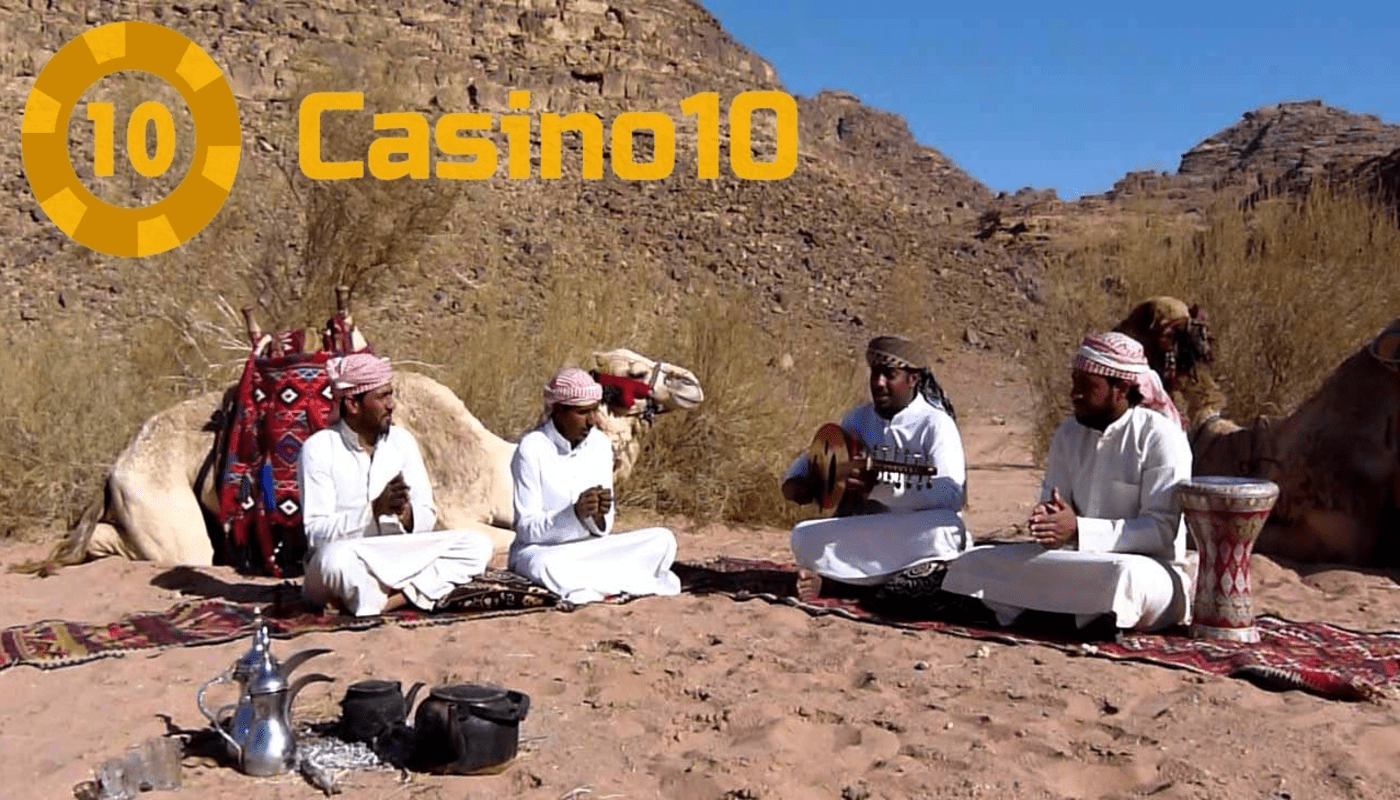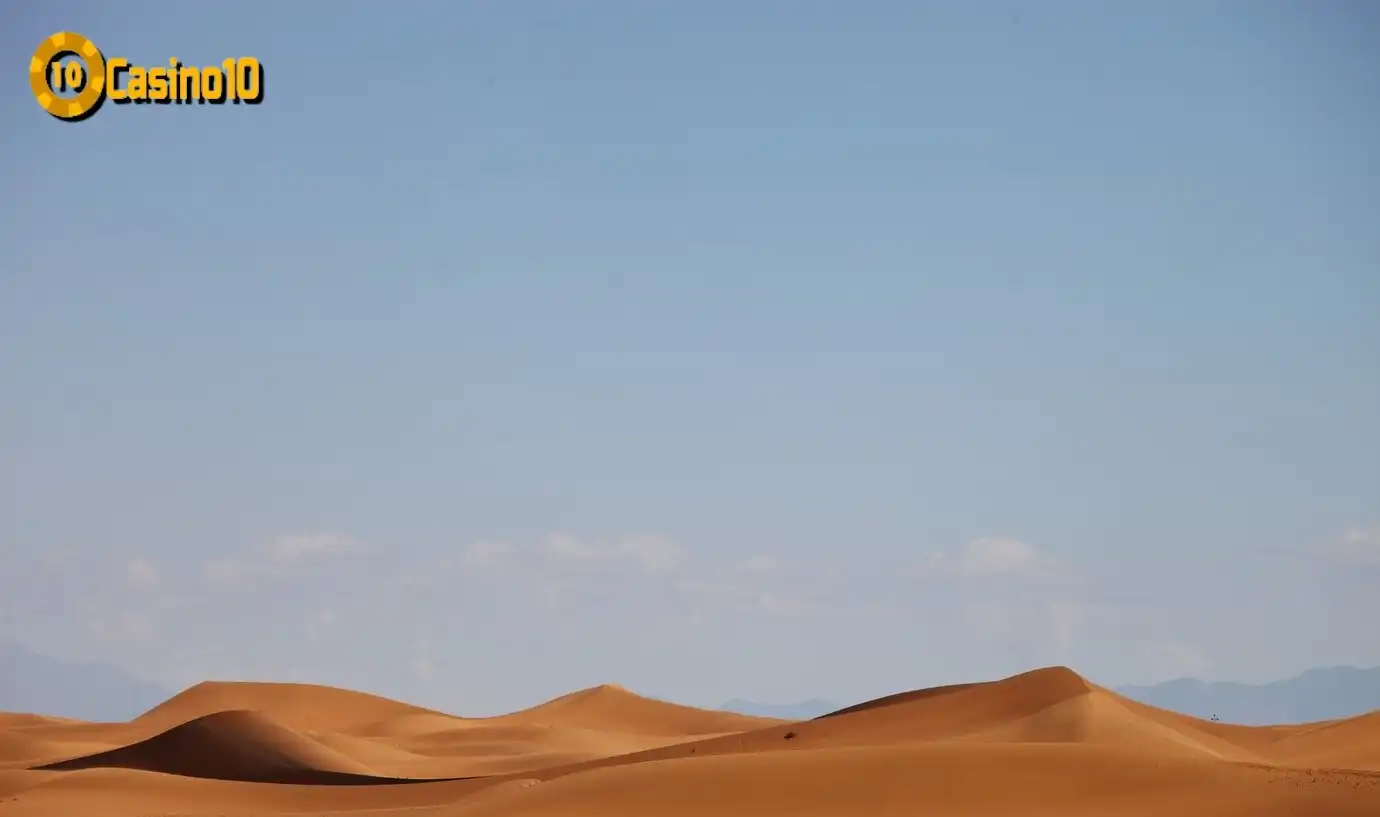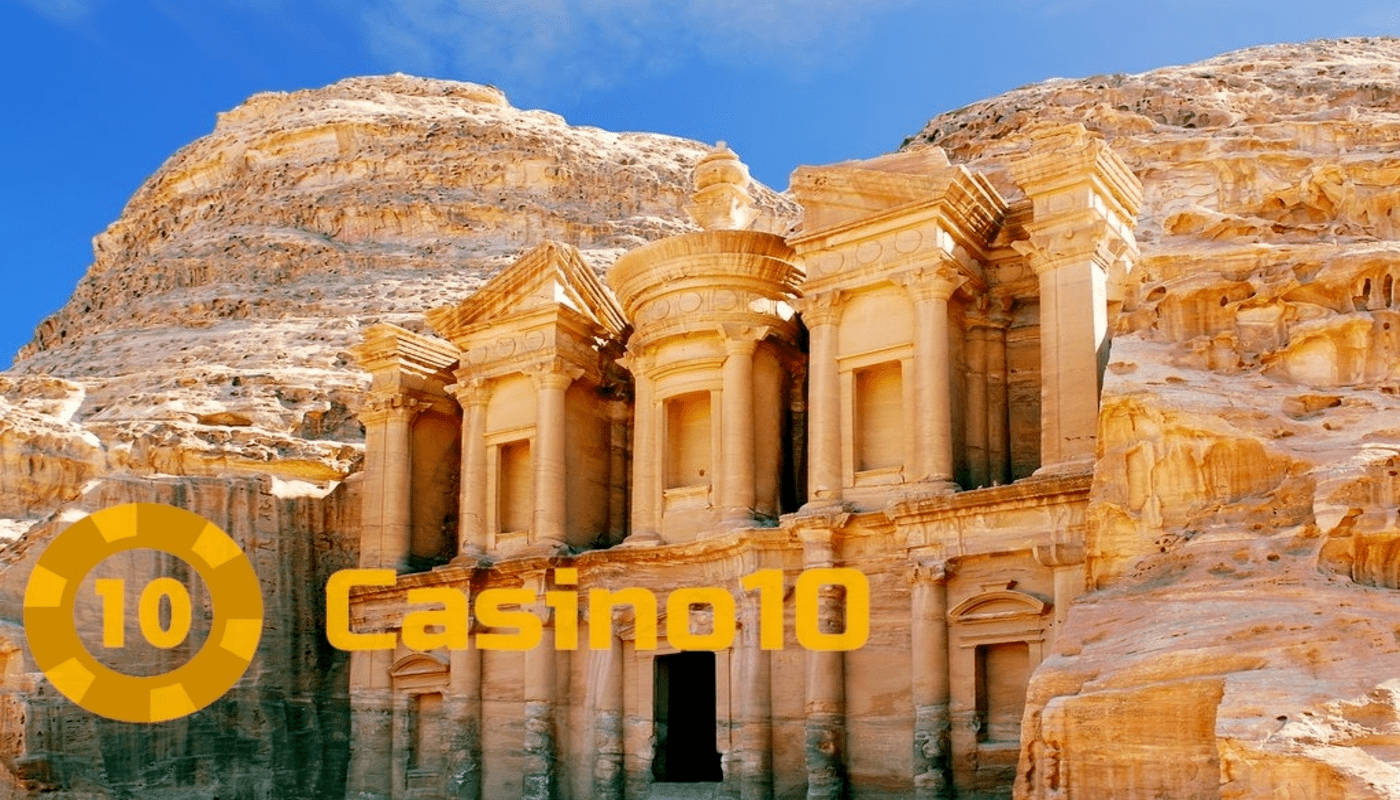
What is left of the desert in Jordan? A boundless horizon, thirst, heat, sand, and mirage of people who once lived there. The wind keeps blowing and blowing away. Suddenly Bedouin culture vanished, just like a drop of water in the desert. Dozens of centuries folded in a blink of an eye. Those who defeated the burning sun and survived extinction for tens of centuries. They became extinct with the first wave of the “civilization” in the desert. With the advent of the kingdom, borders were fenced, flags were raised, and deportation became the first nature of desert people, requiring a passport and a stamp. The only human sect eliminated by the modern kingdom is the Bedouins.
Urbanization expanded and became a model for the future that the world seeks. But the Bedouins could not adapt to the kingdom. Either they or the state. Before the kingdom, they were the state themselves. They were leading. They are the ones who set the law, determine the sentence, and carry out the punishment. However, this is no longer possible with the kingdom, which seeks to formulate a social contract that the Bedouin were not familiar with before. But what seemed impossible happened without much resistance: the kingdom managed to control Bedouin culture in Jordan. They have not completely obeyed, but they are no longer what they were.
Those nomadic people who live in the desert, “Bedu” as they called in Arabic, live a simple life. Their traditional clothes uniquely identify them. With camels, sheep, and goats around their tents, no way you cannot notice the tribe. Bedouin in Jordon are known for their hospitality. Though their life is harsh, and they do not know much about technology. Still, tourists come to their tribes from all over the world to enjoy the simple life experience.
Visiting Bedouin Campsites
Bedouin tribes warmly welcome their visitors with food, drink, and accommodations. Tourists enjoy the Bedouin experience, especially coffee. Guests are offered 3 cups of coffee, arrival, sword, and mood coffee. The arrival cup is for welcoming guests, the sword cup for the Bedouin men bravery, and the mood cup for a better mood. Bedouin food is simple by virtue of the environment they live in. Most of their meals contain butter, yogurt, rice, chess, and bread. Sounds so basic but yet delicious and satisfying.
Bedouin are Arabs, and they follow the Arabic traditions and customs. They are even more strict than civilized cites, which are affected by globalization. All the tents are divided into two sections, one for men and another for women. Mag’ad “sitting place” is the men section, and it is where they welcome guests, and Maharama is the women sections where they cook and keep the female visitors.
Visitors are entertained with the whole atmosphere the Bedouin in Jordon make. Poetry, music, and some dance on some special occasions. Women sing and men play their traditional instruments like Rababa and Shabbaba. You can feel joy and fun in the air with the whole experience of the Bedouin life. Simple Bedouin life is not for everyone. Some others enjoy loud cities and technology. If you are looking for some different joy in Jordon, then you may try Jordan online casino. Perfect for those who like gambling and suspense.
Jordan Beduin
The Jordanian Beduin tribes are the main component of Jordanian society even before the establishment of the kingdom of Jordan in 1921 and then the establishment of the Hashemite Kingdom of Jordan in 1946, and they are the Arab tribes that inhabited eastern Jordan or moved to it in the past centuries. What identifies Jordanian tribes is that they have roots in the Arabian Peninsula. And Palestine, Syria, and Iraq.
The Sardiya and Sarhan are considered one of the most important Bedouin tribes that live in northeastern regions extending from Mafraq governorate to the Syrian border, and there are some Druze tribes in Jordan that mainly live in the city of Azraq, near the eastern border with Iraq. And in the middle of Jordon to the west, on the borders with Palestine, there are the major gatherings of the Al-Adwan, Al-Abid, Al-Salt clans, Al-Daja, Al-Balkawiya, Al-Ajarmah, Christian tribes, and others living in the capital Amman.
In the south of Jordon, the tribes of the Majali, Tarawneh, Barasha, Ma’aytah, Muajdah, and other historical tribes of Karak and Al-Saudis, Al-Thawabia, Al-Ataatah, Tafila, and Al-Shawabka. Bedouin culture in Jordan is unique and exclusive, with their history and lifestyle. You cannot visit Jordon and not try such an experience.









